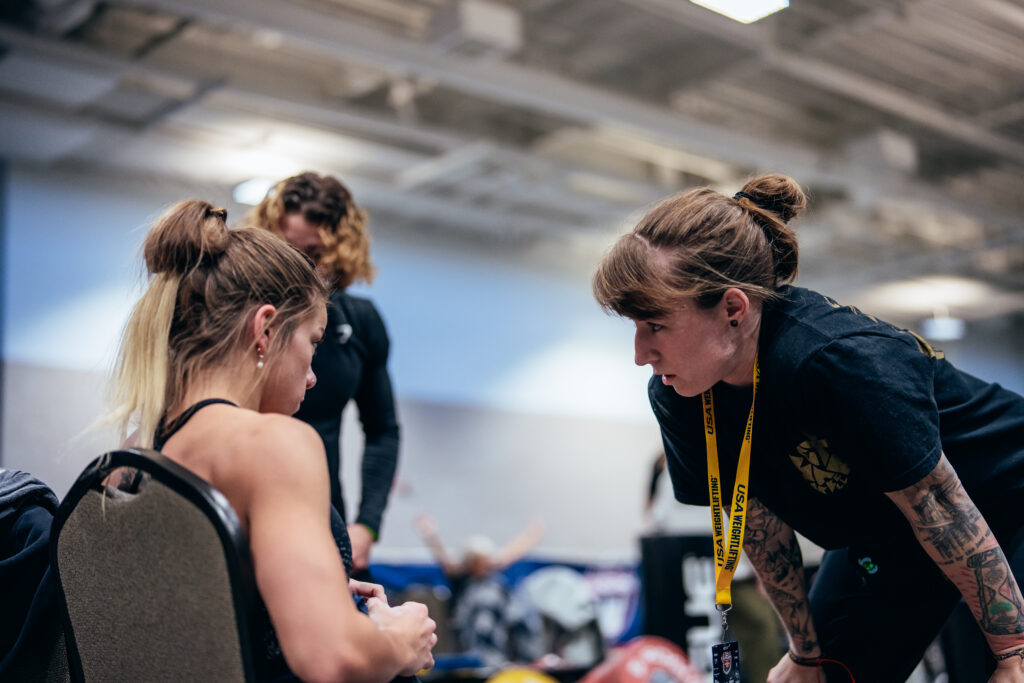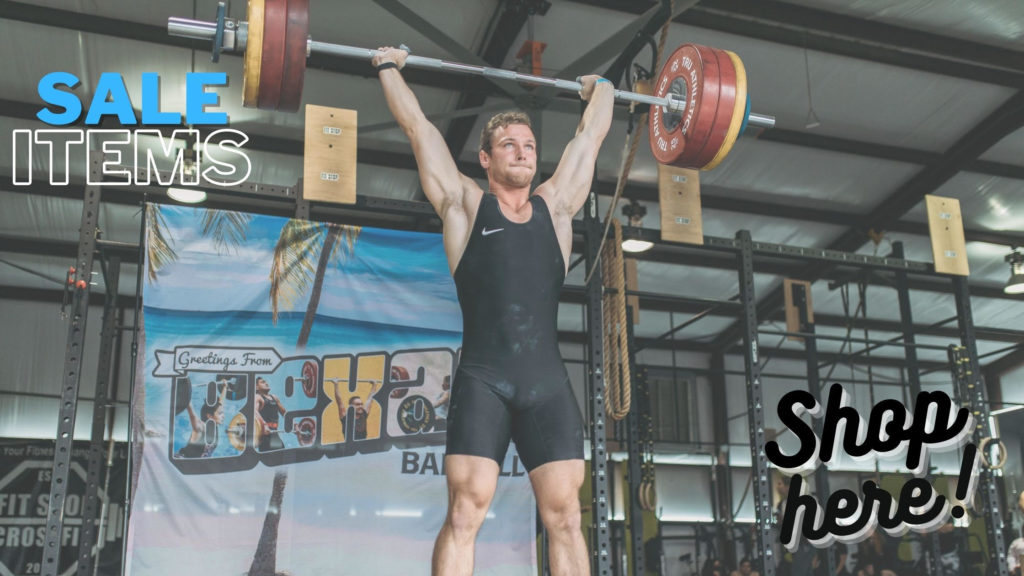Okay hear me out. Sometimes I care but only if you’re on a platform. And honestly even then only if its to make an international team, or to qualify for an event. Otherwise, yeah I really don’t care. Let me explain.
When I program for an athlete my number one priority is getting the correct stimulus. I want to optimize their time in the gym by giving them a series of exercises, with a specific rep scheme and percentage in order to push their physical, mental and technical limitations. Too often athletes see an exercise as a singular battle and not a very small part of the overall war on progress in Olympic Weightlifting.
For example: if I write an athlete 4 singles at 85% and their max is 100kg (for easy math.) My purpose isn’t for them to hit 85kg for 4 singles, its for them to hit 4 singles at a weight that “feels” like 85%. To me this means a weight that is near your technical limitations but still moves well and makes you feel confident to hit heavier weights later in the cycle. The problem is as a coach you can prescribe training but you can’t prescribe sleep, stress, or life. I can’t tell an athlete exactly how much sleep to get, how to manage their nutrition or even how to manage their own bullshit that floods their mind the moment they put a barbell in their hands. What I can do is program reps, sets and weights that will get me the correct stimulus assuming that everything is “normal.” The human element is not something that is predictable or planned.
No cycle that I write is set in stone. If you feel good, are moving well, and have the capabilities to make sound judgement you can go up. But what few people want to realize is this goes both ways. If you feel bad, if you didn’t sleep, if you literally drug yourself to the gym because life is chewing you up and spitting you out, go down. I firmly believe athletes should rarely miss. Some coaches would argue with me on that, but I don’t care. I am big on engraining proper motor patterns. Sometimes I compare snatching to walking. We take walking for granted because we don’t fall. What if you felt that way about snatching? What a concept right. You say it’s different but is it?
It’s a developed and engrained motor pattern by repetition. So what if we set our egos aside and lifted seeking a stimulus and not a load? What if we lifted to move well, to make lifts and to push limitations without failure. Is failure inevitable? Sure. But make miss an anomaly, not the norm. In the grand scheme of things the weight on the bar shouldn’t matter because it should be changing. Also if you’re one of my athletes, no this doesn’t mean you can max out. Sorry.
B

